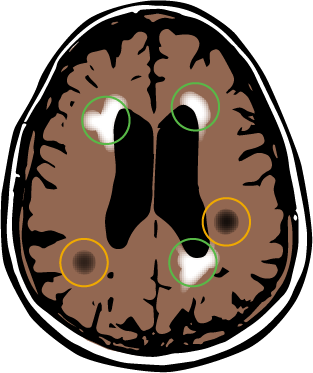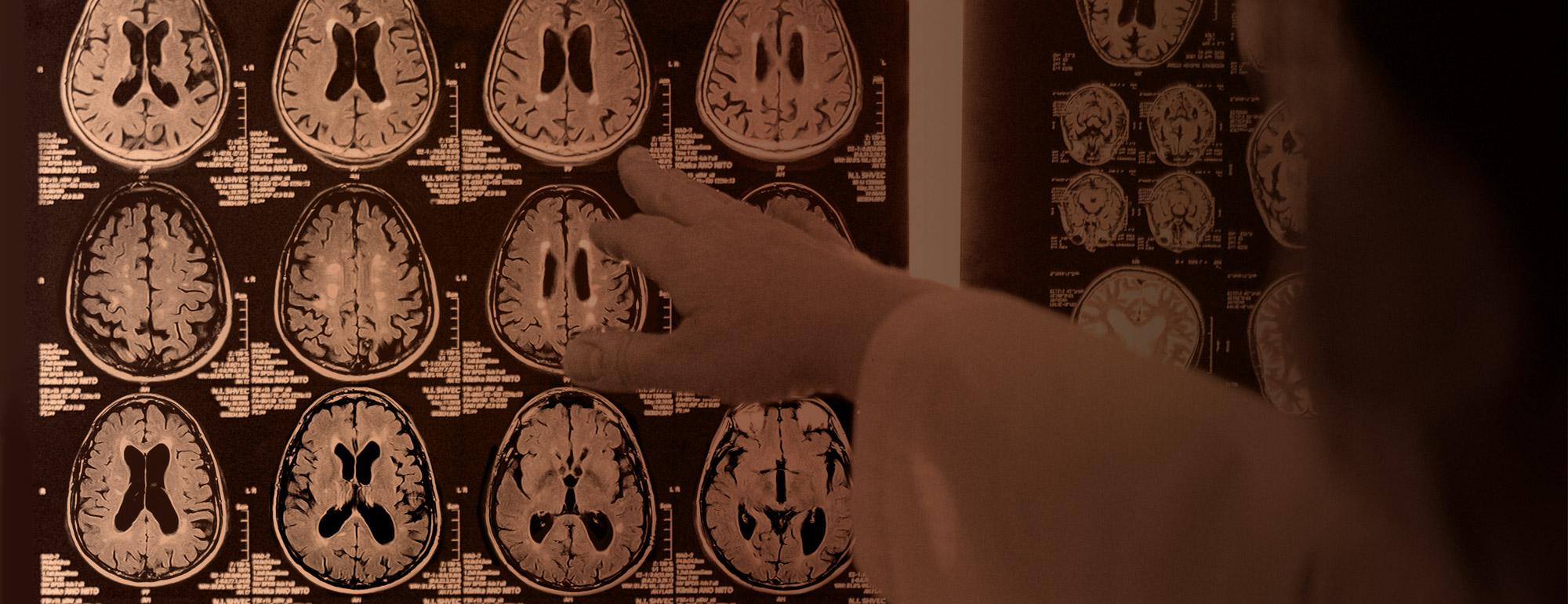
Welcome
As awareness of dementia increases, it is common for individuals to seek clinical evaluation for cognitive complaints.
Black/African and Hispanic/Latino American individuals face a higher risk of developing dementia compared to White/European Americans likely due to increased prevalence of risk factors and disease. During cognitive assessments, neuroimaging often reveals incidental White Matter Hyperintensities (WMH), which radiologists typically attribute to microvascular disease. These findings can lead to concerns among patients about their brain health and potential future risk of dementia.
To date, however, we are not aware of any studies that have comprehensively examined the impact of individual and combined MRI measures of white matter injury on cognitive performance among Black/African, Hispanic/Latino and White/European Americans, non-demented, stroke free population with cognitive complaints over an extended period of observation. To study this problem directly, the US National Institute of Neurological Disorders and Stroke (NINDS) has commissioned Dr. DeCarli and Dr. Fornage to design and implement Diverse VCID, a 6-year study of 2,250 Americans from Black/African, Hispanic/Latino and White/European American backgrounds to understand the role that WMH play in developing Alzheimer's disease and other dementias.
The results of this study will be used to develop and validate a predictive risk model to inform future care.
Recruitment Progress
What is Diverse Vascular Contributions to Cognitive Impairment and Dementia (VCID)?


Vascular Contributions to Cognitive Impairment and Dementia (VCID) is defined as memory or thinking problems due to vascular disease. Our blood circulatory systems affect our brain health. Cerebrovascular disease (vascular disease affecting the brain) reduces blood flow, causes abnormal signals in the white matter of the brain called white matter hyperintensities, and small holes in the brain called infarcts. MRI can detect these changes.
These changes can affect memory and thinking skills, and when severe, can lead to higher risk of developing dementia, including Alzheimer's.
We use vascular contributions to cognitive impairment or dementia (VCID) as a term to indicate problems with memory and thinking that result from vascular brain injury.



